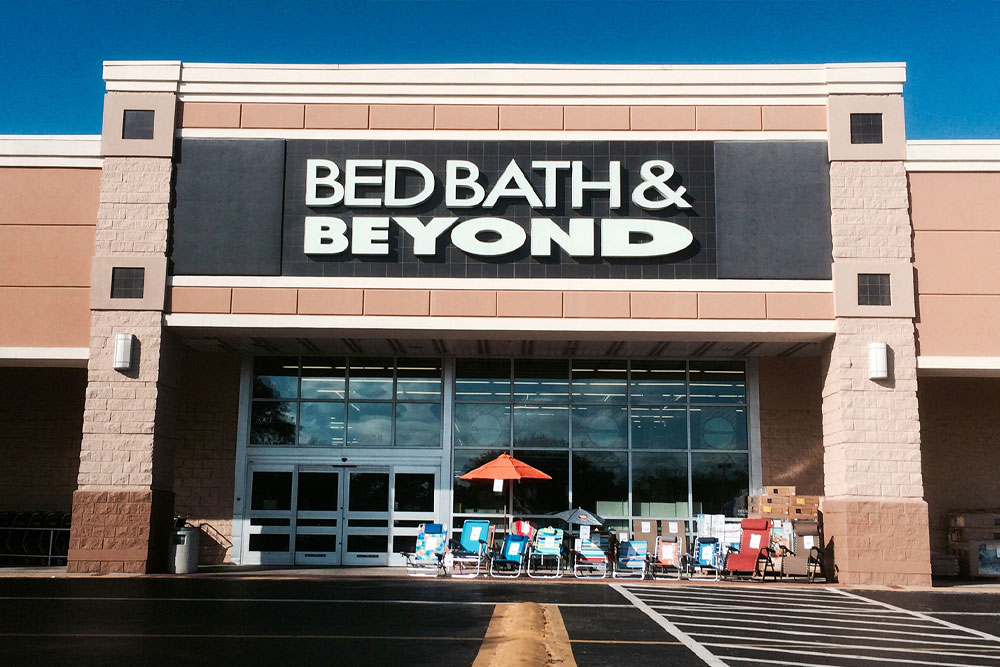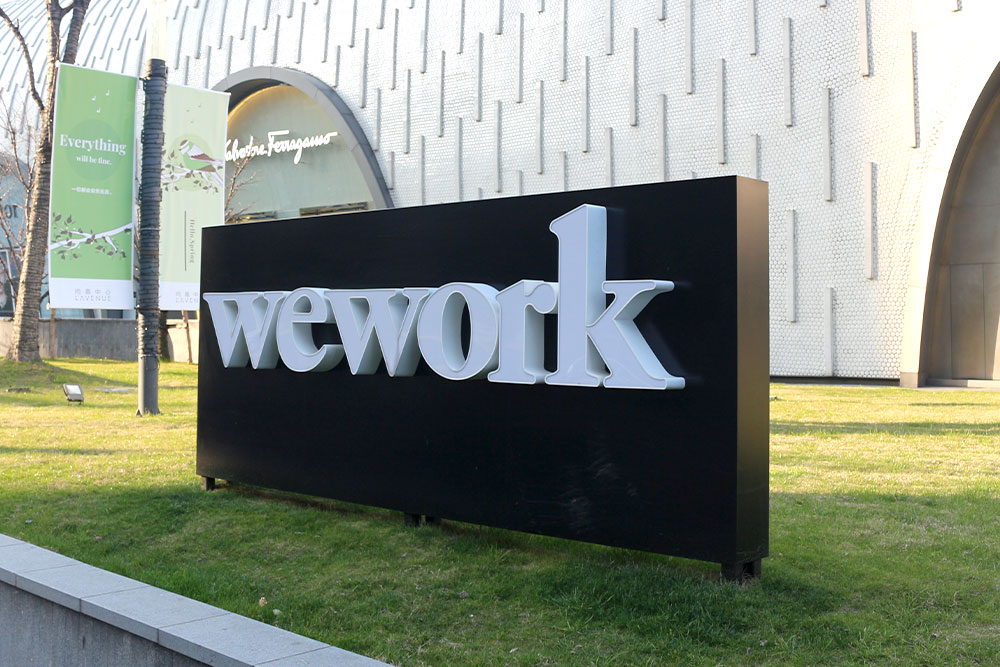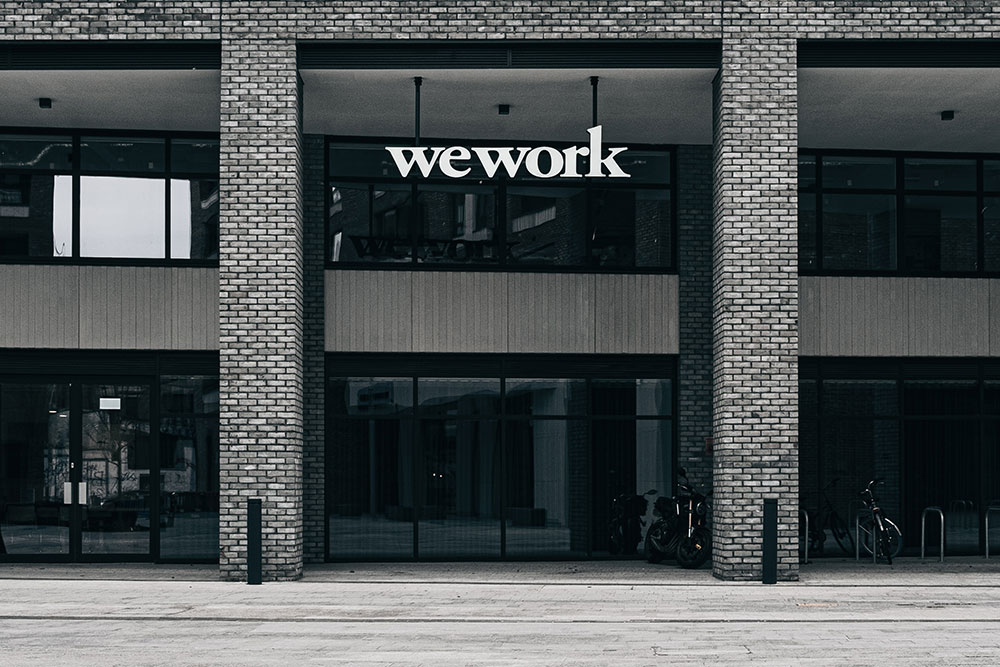Law360 (January 26, 2023, 2:50 PM EST) — Retailers like Bed Bath & Beyond that rode a wave of low-cost capital to survive the COVID-19 pandemic have now become “zombie companies” that can only make enough revenue to service their debt, setting the stage for current economic conditions to drive them into bankruptcy, experts say.
Facing foundational issues in the industry, retail players’ struggles were masked by low interest rates and the ability to extend maturity dates for legacy debt during the pandemic, while consumer spending was boosted by government relief. Having inflation, supply chain issues and the soaring costs of inventory dropped back onto retailers has created a recipe for massive disruption in the sector.
“I personally believe 2023 and the next couple of years are going to be rife with restructuring opportunities,” Drew McManigle, the founder and CEO of Macco Restructuring Group, told Law360. “Some of these companies just aren’t going to make it. They’re simply not going to have the capital to survive.”
The capital challenges facing Bed Bath & Beyond stem from its fairly large debt load and the service obligations of such a leveraged balance sheet, along with difficulties securing sufficient inventory to stock its shelves amid unfavorable terms from vendors, anemic cash flow and plunging sales revenue, McManigle said.
Referring to companies like Bed Bath & Beyond that have sky-high debt service obligations as “zombie companies” that can only service their debt, McManigle said retailers now facing distress were able to survive the COVID-19 pandemic due to low interest rates and generous credit availability. Rolling that debt several times to put off maturity dates led to higher interest rates and larger payments to keep current on the debt, McManigle said, leaving banks unwilling to further refinance or provide access to new credit.
“What’s happened is now the chickens are coming home to roost,” he said. “With higher interest rates, many of these zombie companies whose businesses are still not performing are finding themselves unable to even make interest payments on debt that’s been rolled three to five times.”
The onset of the pandemic in early 2020 laid bare the structural cracks that already existed in the retail industry as a result of the so-called Amazon effect — a shift in consumer preferences form brick-and-mortar shopping to e-commerce — and forced dozens of retailers into bankruptcy, including storied operators like JC Penney, J.Crew and Neiman Marcus.
But players like Bed Bath & Beyond survived those initial months of turmoil and rode a wave of low-cost capital for more than two years. Despite these low interest rates and consumer spending boosted by government relief programs, the company nevertheless had foundational troubles that have now driven its financial performance into the ground, according to Daniel Y. Gielchinsky of DGIM Law PLLC.
A high-cost inventory mix and huge lease obligations for its more than 900 stores nationwide have been appended by inflationary pressures that led to even higher inventory costs and reductions in consumer discretionary spending last year, he said.
“As the punch of inflation settles in and the government relief programs dwindle, the fundamental problem that brick-and-mortar retail is experiencing is going to resurface and force retailers to have a smaller footprint in terms of physical stores,” Gielchinsky said.
Bed Bath & Beyond has already begun reducing its store count, planning to shutter 150 locations in the short-term. Recent statements show the retailer is exploring all strategic alternatives, including a bankruptcy filing.
“Here they are in January because they had a weaker-than-expected holiday shopping season and it’s pushed them to the edge,” said Anthony Sabino, a professor at St. John’s University School of Law. “The filing is now imminent and unavoidable.”
Despite all of the pressures facing Bed Bath & Beyond, Sabino said he sees a way forward for the company, which he argued fills a certain market niche. The company also owns and operates more than 100 stores under the Buy Buy Baby and Harmon Face Values brands, which could present an opportunity for asset sales in a restructuring — or be on the chopping block entirely, Sabino said.
“There is a future with Bed Bath & Beyond, but it will involve less brick-and-mortar, less of a physical footprint and probably at the very least some adjustment of the product mix and ancillary businesses,” Sabino said.
McManigle and Gielchinsky take a dimmer view of the company’s prospects, saying that most if not all Bed Bath & Beyond stores may be headed for extinction.
“I think it’s just going to be a free fall,” McManigle said. “You’re going to see Bed Bath & Beyond essentially try to shed itself of a majority of its stores, most likely sell the Buy Buy Baby brand and see if they can reorganize a core group of stores. Or it may just get Bed Bath & Beyond liquidated. No one may want to revive the brand.”
The broader factors that have brought Bed Bath & Beyond to the brink are similarly affecting other companies in the space, which won’t be immune to the impact of inflation, supply chain issues and constrained access to new capital.
As for the rest of the retail sector, the turmoil is likely to spread, the experts say. Party City, a chain of stores that sells party supplies, commenced a Chapter 11 case in Texas court earlier this month, citing these factors as part of the reason behind its need to restructure.
“I wouldn’t be surprised to see some other retailers finding themselves in deep trouble,” McManigle said. “I think what you’re going to see is a lot of this ripple throughout the economy.”
Those ripples are already sloshing at the feet of the commercial real estate industry, as vacant stores begin piling up without replacement tenants waiting to move in.
Sabino said the physical size of most Bed Bath & Beyond locations will present a challenge to landlords looking to lease out the newly vacant spaces.
“Bed Bath & Beyond has ramifications for commercial real estate that could turn into a very dire set of circumstances,” he said.
In addition to commercial real estate troubles, Gielchinsky said industries that service the retail sector, like trucking, logistics and suppliers, will also experience pain as the struggles of chain stores continue.
Sabino said there will probably be a wave of retail workouts and restructurings over the next year, with many targets unlikely to survive.
“I’m at a point where I’d be saying Novenas for someone if they were in the retail sector,” he said. “You just don’t know what’s going to happen.”








